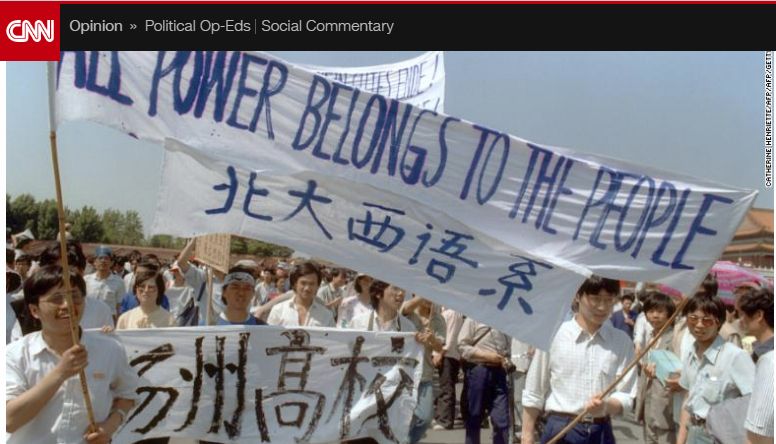The mainland movie industry not taking part in Taiwan’s Golden Horse Awards denies the opportunity to win the hearts of film fans across the strait
South China Morning Post
Date: 10 Aug, 2019

Amid growing political tensions in the run-up to Taiwan’s elections, the movie industry on the mainland will not take part in the island’s Golden Horse Award, dubbed the “Chinese-language Oscars”, in November. This is in line with the escalating pressure from Beijing following the ban on individual travelling to the self-ruled island.
. But the opportunity to win the hearts of many who follow mainland movies across the strait, upon which mutual understanding and acceptance could be built to foster constructive political discourse and beyond, will also be lost.The prestigious award ended on a sour note last year, with mainland actors and actresses snubbing the after-ceremony dinner in response to the
pro-independence remarks made by an award-winning Taiwanese director [2]
in her acceptance speech. The situation was further compounded by a social media post by the independence-minded leader Tsai Ing-wen, dismissing the 1992 consensus that there is only one China.
With Tsai gearing up for re-election in January, stepping up criticism against the mainland and using Hong Kong’s turmoil for scoring political points, Beijing may think it needs to toughen the stance accordingly. But the boycott and travel ban come with a price. The travel ban is estimated to cut visitor numbers by as many as 700,000 over the next six months, amounting to NT$28 billion (HK$7 billion) in lost revenue.
While the damage inflicted on the island’s economy cannot be ignored, the mainland travel industry is expected to suffer as well. In the case of the film award, the damage appears to be even more one way. Not only does it hurt the professional pride and honour of mainland moviemakers and performers, the platform to win the hearts and minds of the Taiwan public is also lost. [FULL STORY]







